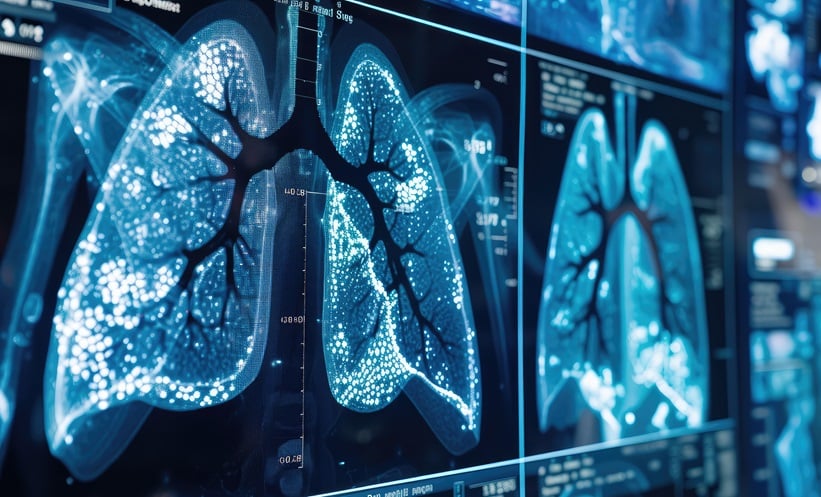Authors: Andrew England1,2
1. European Federation of Radiographer Societies (EFRS), Cumiera, Portugal
2. School of Medicine, University College Cork, Republic
of Ireland
Citation: EMJ Radiol. 2023;4[1]:21-22. DOI/10.33590/emjradiol/10302437. https://doi.org/10.33590/emjradiol/10302437.
![]()
ECR 2023 was unique, in that President Adrian Brady and myself, the European Federation of Radiographer Societies (EFRS) President, both work in the same city: Cork, Republic of Ireland. Ireland was a key feature of the ECR 2023 Congress, and Brady invited me to give a short speech at the Opening Ceremony, a first for a radiographer. Irish radiographers were also well represented, with a dedicated session where the ‘EFRS Meets Ireland’. Within this, Michele Monahan outlined the advanced practice recognition for radiographers in Ireland, and Theresa O’Donovan discussed the radiotherapy pathway of care in Ireland.
Radiographers were also heavily involved in other aspects of the programme, for example, with ‘The Cube’, a dedicated space focusing on interventional radiology, and organised by Christian Loewe and Maximilian de Bucourt with involvement from the EFRS. The Cube had individual days set aside to focus on peripheral, central, oncologic, and neurological interventions. Radiographers Claire Elwood, Silvia Svetlic, and Helen Bucknall successfully presented within this forum.
In addition to a traditional lecture format, radiographers also led hands-on sessions in ultrasound. This was enormously successful, and was very well attended. Radiographers were also seen contributing to the Artificial Intelligence (AI) Theatre, where Nick Woznitza gave a talk on ‘The Radiographers’ View of AI in Radiology’.
Research was another strong theme within the ECR 2023 Programme. There were six dedicated Research Presentation Sessions for radiographers. This in total provided a platform for 56 multinational presentations. Themes included the future of the profession, AI, patient-centred care, general radiography, novelties in CT imaging, and radiography education. As with previous years, there was a dedicated space for radiographer-led research at the EFRS Research Hub. Within this, there were eight online surveys for on and off-site radiographers, and eight hub-based image perception studies. The EFRS Research Hub at ECR first started in 2019, and has grown exponentially under the leadership of Louise Rainford and the EFRS Research Hub Committee. A further, bigger, research hub is being planned for ECR 2024.
Radiographers at ECR 2023 also engaged in wider stakeholder events as part of collaborations with the EFRS. Radiographers engaged in conversations with the European Institute of Biomedical Imaging Research (EIBIR), a support platform in terms of research project planning, grant support, and project management. As an example, radiographers have previously been involved in EIBIR’s i-Violin and Sinfonia projects. Meetings also took place between the European Society of Medical Imaging Informatics (EuSoMII), the International Society of Radiographers and Radiologic Technologists (ISRRT), and the European Society of Radiology (ESR) Board of Directors.
ECR would not be possible without collaboration between colleagues across the whole spectrum of radiology, between radiologists, medical physicists, computer scientists, industry, and radiographers, amongst others. As radiographers, we have been made to feel enormously welcome by our colleagues at ESR, and remain deeply grateful to their staff. Radiographers, identified by the EFRS, are currently working on developing an exciting and world-leading programme for ECR 2024, entitled ‘Next Generation Radiology’. The EFRS, and myself as President, look forward to welcoming many more radiographers to Vienna, Austria, in 2024.








